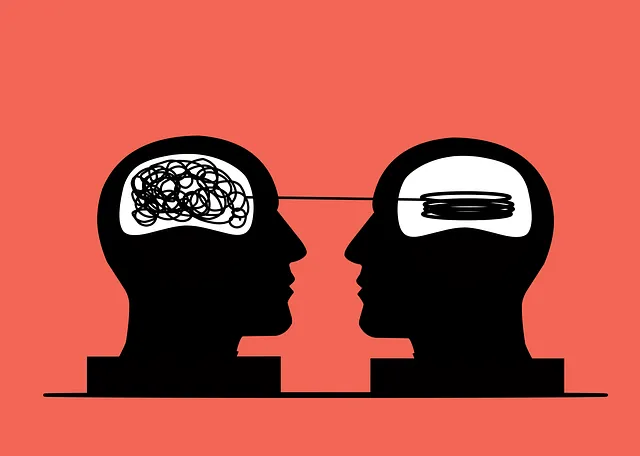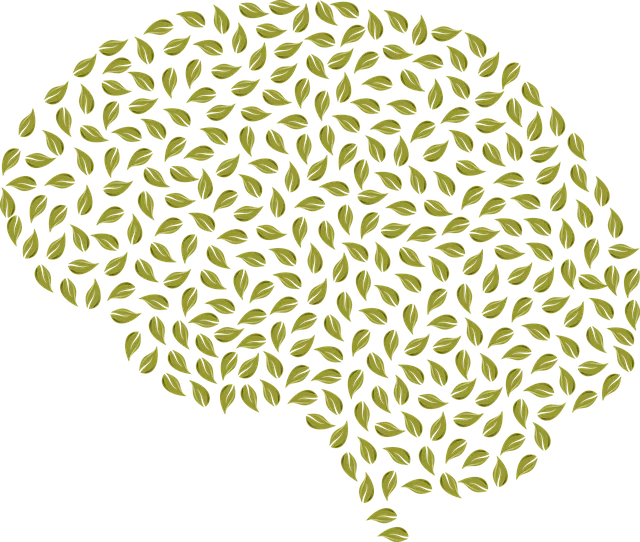The Westminster Kaiser mental health programs tackle the complexities of mental illness diagnosis by combining advanced tools, self-care education, and evidence-based strategies. Their holistic approach focuses on prevention, early intervention, and personalized care, aiming to revolutionize mental healthcare accessibility and accuracy. Through innovative practices, these programs enhance diagnostic techniques, reduce misdiagnosis rates, and foster a supportive environment for both patients and healthcare providers, ultimately improving overall mental wellness.
Mental illness diagnosis accuracy is a critical aspect of patient care, yet current methods face significant challenges. This article explores strategies aimed at enhancing diagnostic precision, focusing on the role of Westminster Kaiser Mental Health Programs as pioneering initiatives. We delve into innovative approaches, from advanced assessment tools to integrated care models, that promise to transform mental health diagnosis. Additionally, we discuss the implementation and evaluation of these improved strategies, highlighting their potential impact on patient outcomes.
- Understanding the Current Challenges in Mental Illness Diagnosis
- The Role of Westminster Kaiser Mental Health Programs
- Innovative Approaches to Enhance Diagnostic Accuracy
- Implementing and Evaluating Improved Diagnosis Strategies
Understanding the Current Challenges in Mental Illness Diagnosis

Mental illness diagnosis remains a complex field, with numerous challenges hindering accuracy and effective treatment. The current approach often relies on subjective reporting from individuals experiencing symptoms, which can be influenced by personal biases or misunderstandings about their experiences. Additionally, mental health professionals face the daunting task of differentiating between various disorders that share similar presentations, such as depression and anxiety. This complexity is further compounded by the fact that many individuals struggle to communicate their feelings effectively, either due to fear, shame, or a lack of awareness about their condition.
Westminster Kaiser mental health programs acknowledge these challenges and are actively working towards improvement. They emphasize the importance of not only enhancing diagnostic tools but also fostering self-care practices and promoting conflict resolution techniques as part of holistic treatment plans. By incorporating evidence-based strategies for anxiety relief, these programs aim to create a more supportive environment where individuals can openly discuss their experiences, leading to more accurate diagnoses and personalized care.
The Role of Westminster Kaiser Mental Health Programs

The Westminster Kaiser Mental Health Programs play a pivotal role in enhancing mental health diagnosis accuracy and overall wellness. These programs are designed with a holistic approach to cater to diverse mental health needs, focusing not just on treatment but also on prevention and education. Through comprehensive initiatives, they strive to improve public understanding of mental illness, fostering an environment where individuals feel empowered to seek help without stigma.
One notable aspect is their emphasis on Mental Health Education Programs Design, which equips both professionals and the general public with the knowledge to recognize early signs of mental health issues. Initiatives aimed at Self-Esteem Improvement are also integrated into these programs, recognizing that enhanced self-worth is a cornerstone in promoting mental wellness. By combining evidence-based practices and innovative strategies, Westminster Kaiser Mental Health Programs aim to revolutionize mental healthcare accessibility and quality.
Innovative Approaches to Enhance Diagnostic Accuracy

Mental health professionals are continually striving to enhance diagnostic accuracy, and innovative approaches are emerging from organizations like Westminster Kaiser mental health programs. These programs emphasize a holistic view of mental illness, integrating advanced assessment techniques with therapeutic interventions. By focusing on both qualitative and quantitative data, professionals can gain deeper insights into an individual’s mental state. For instance, the development of a personalized self-care routine, integrated with communication strategies, becomes a valuable tool to facilitate accurate diagnoses.
Westminster Kaiser mental health programs also offer stress management workshops that empower individuals with effective coping mechanisms. These workshops not only contribute to better mental health but also provide professionals with real-time feedback and observations, enhancing the diagnostic process. Through such comprehensive initiatives, the accuracy of mental illness diagnoses improves significantly, leading to more effective treatment plans tailored to individual needs.
Implementing and Evaluating Improved Diagnosis Strategies

The implementation of enhanced diagnosis strategies is a pivotal step towards improving mental illness accuracy and patient care. Westminster Kaiser mental health programs have pioneered various initiatives to address this challenge. These programs emphasize the integration of innovative techniques, such as evidence-based assessment tools, to ensure diagnoses are not only timely but also precise. By combining advanced technology with specialized training for healthcare providers, these strategies aim to reduce misdiagnosis rates significantly.
Effective communication forms the backbone of successful diagnosis improvement. Burnout prevention strategies for healthcare providers, including those offered by Westminster Kaiser, focus on enhancing interpersonal interactions. Improved communication skills enable clinicians to gather comprehensive patient histories and conduct thorough evaluations, thereby facilitating more accurate mental health diagnoses. Such initiatives not only benefit patients but also contribute to the overall sustainability of healthcare systems by mitigating burnout among medical professionals.
Mental illness diagnosis accuracy has long been a complex issue, but with innovative approaches like those offered by Westminster Kaiser mental health programs, significant improvements are within reach. By combining advanced technology, comprehensive training, and patient-centered care, we can enhance diagnostic reliability, ensure timely interventions, and ultimately improve the lives of individuals struggling with mental health conditions. Continued research and collaboration across healthcare sectors are crucial to refining these strategies and making them accessible to all who need them.






